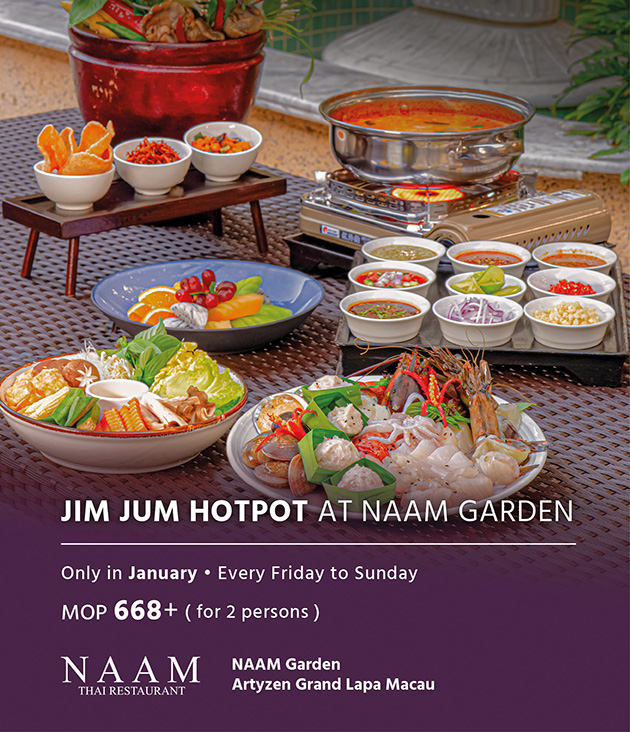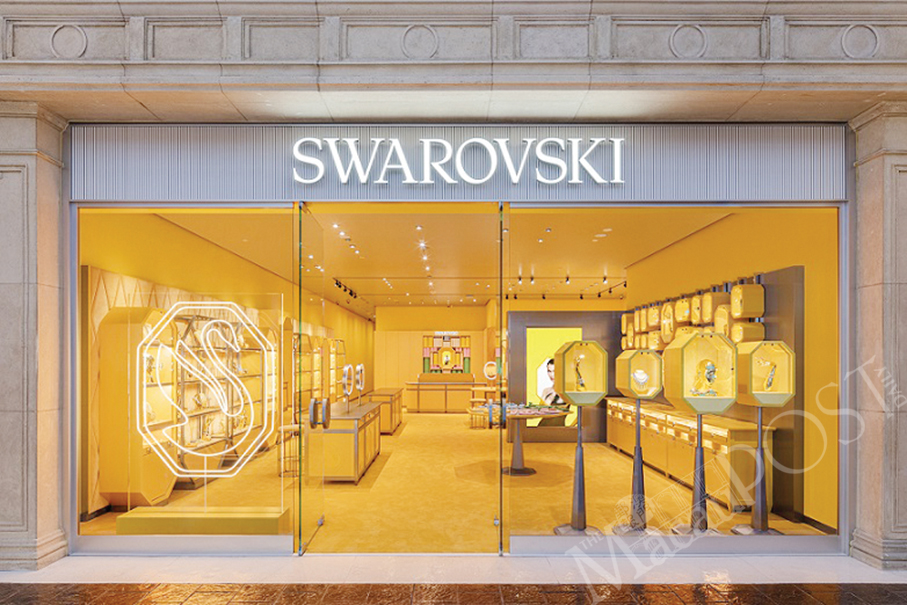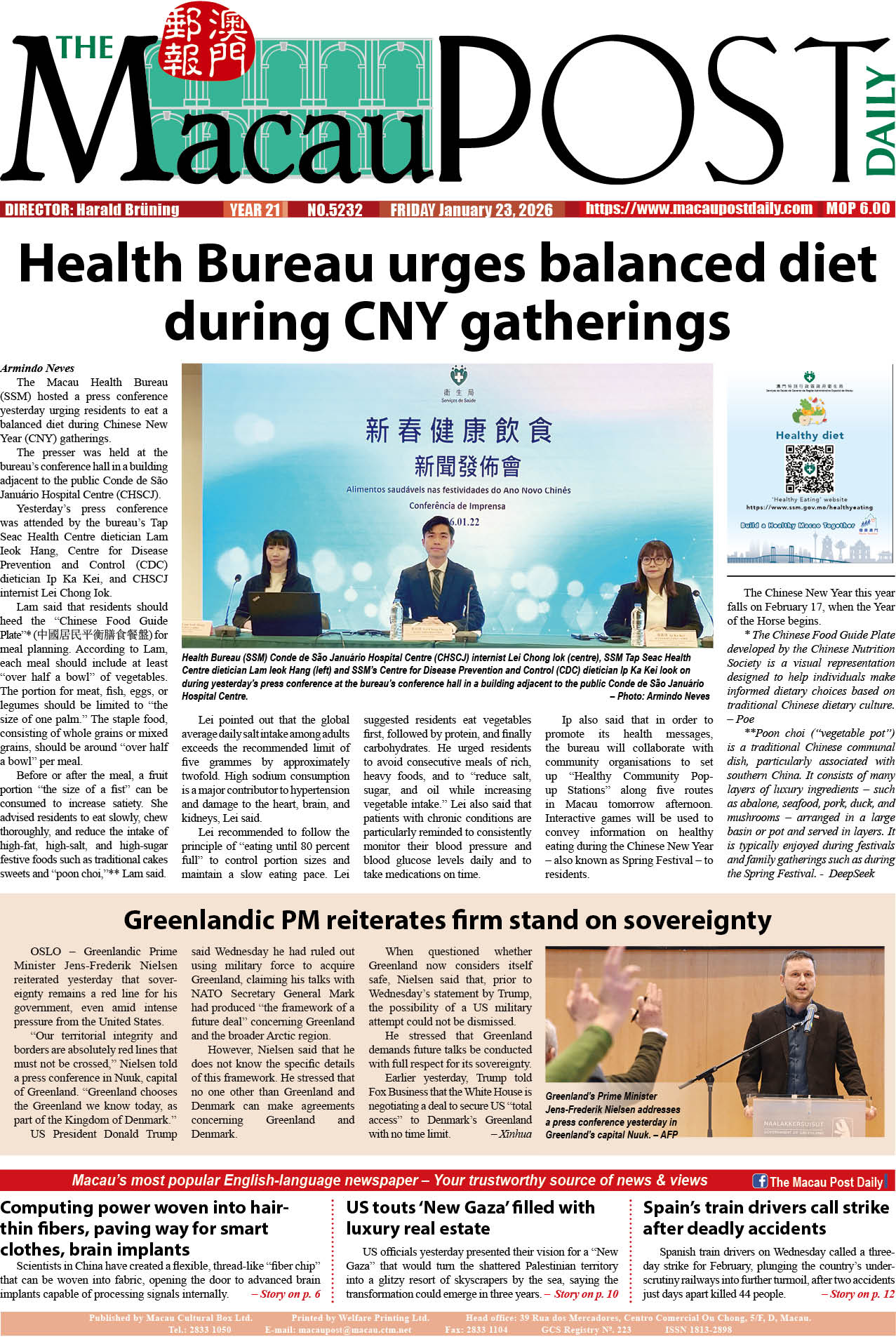With registration open for the second edition of the Macao-Wide English Essay Competition themed “An Inclusive World”, Competition Chair Sandy Leong (梁嘉怡) said yesterday that the organising committee is looking into how to make Macau and the world more inclusive, while also making students part of the “conversation in building our future”.
Leong made the remarks during an exclusive online interview with The Macau Post Daily.
Speaking on this year’s topic, Leong noted that inclusiveness “is especially important because one of the key taglines for the 2030 agenda is leaving no one behind”, making it important to have “everyone in our plans for this future”.
Inclusiveness, Leong added, is among topics that may go in different directions when it is first thought about. “But the more you discover and think about other parts of the topic, you realise there’s a lot of different entities involved and parties [groups] that we don’t think a lot about”.
Leong referred to a past event she deemed eye-opening as an example where a speaker with an art and speech therapy background spoke about how art can be made more accessible. Though it is not a topic that pops up when thinking about inclusiveness, art relates to both the quality and enjoyment of life, Leong said, adding, “how do we open the doors to people who are not traditionally included or thought about?”
Moreover, giving the students a “sense of agency” is important, Leong pointed out. “That’s why one of the main reasons we do this contest is to give our student stakeholders a channel for them to tell our society what they think about the situation”, involving them in the discussion.
“If they [students] can reflect on their own lives and ask ‘how may I be as inclusive as I can’, I think these are the kind of questions we can look at, and that’s what we really want students to do: reflect on our own lives in ways that we can be more inclusive and how can we open doors for more people”, Leong underlined.
The topic may be “a little harder to grasp”, but Leong said she fully believes that students are able to interpret it. “Young people always surprise me in very different ways, so I’m really excited to see what they think”.
Leong does not have a set number on how many students she expects to join the competition, as having more students learn more about the sustainable development goals and inclusiveness is more important to her. “If more students can have a deeper understanding of this topic” and “if they can learn from this event even more, I think that’s more meaningful for me”, she said.
Meanwhile, Leong also offered tips for the upcoming competition, adding that students can read more to see how other authors formulate their thoughts and also refer to the organisers’ website (https://essaymacao.com/) for resources such as the essay rubric. It is also important for students to think if there are new thoughts that they can add into the topic from their perspective, according to Leong.
The competition’s basic process is similar to last year, 68 winners, four categories— upper primary, middle school, high school and college — and the same number of prizes. Registration and deadlines can be found on the website.







